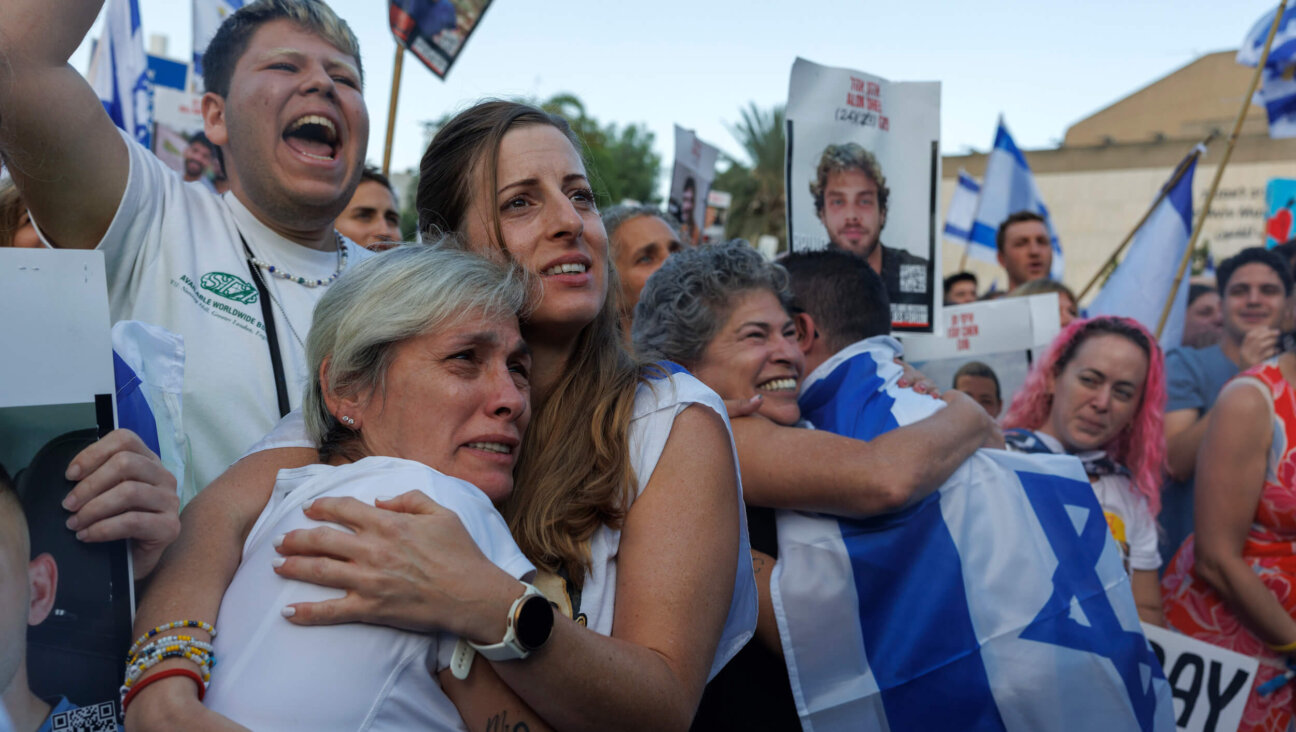Analysis: Walz and Vance — 2 very non-Jewish guys — will debate. What do Jews need to know?
Tuesday’s head-to-head match-up feels way different than the one between their running mates, who each boast significant Jewish ties
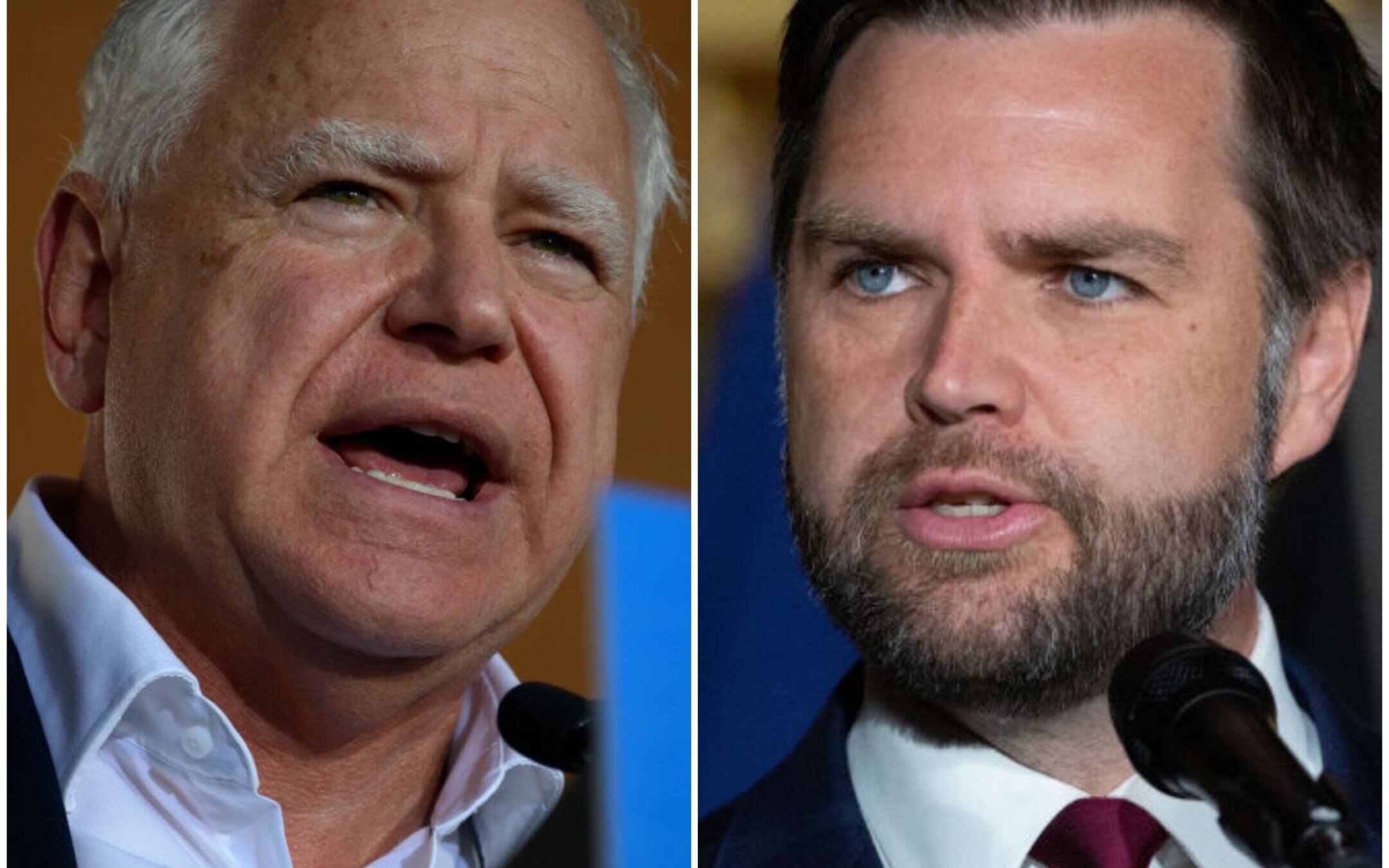
Photo by college — Jeff Swensen/Getty Images / REBECCA DROKE/AFP via Getty Images
I’m going to be looking for some profound political takeaways when Ohio Sen. JD Vance and Minnesota Gov. Tim Walz debate Tuesday night, but I’m having a hard time imagining what, through my Jewish reporter’s lens, I might find.
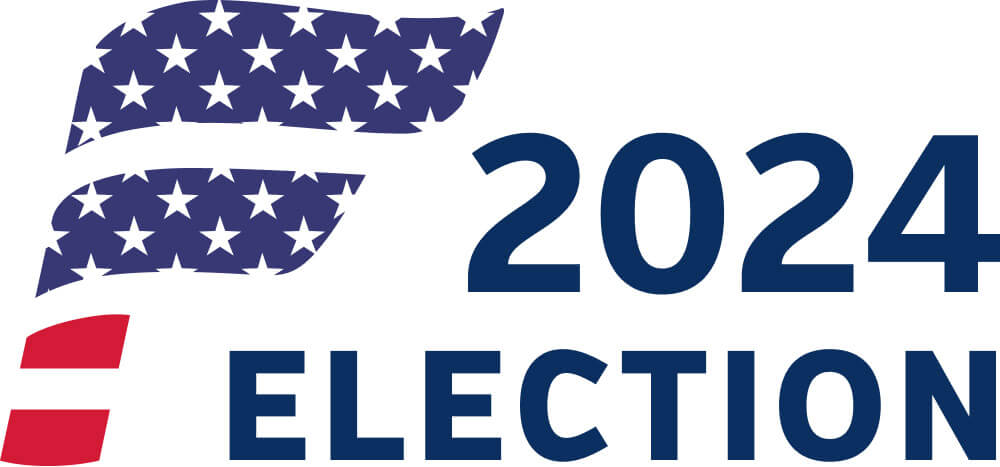 Vying for the second-highest office in the country, in likely the final debate of the election season, Republican Vance and Democrat Walz are going to try to best each other as the most rural white guy.
Vying for the second-highest office in the country, in likely the final debate of the election season, Republican Vance and Democrat Walz are going to try to best each other as the most rural white guy.
By any Jewish yardstick, this match-up feels way different than the one between their running mates, who each boast significant Jewish ties.
Vice President Kamala Harris is “Momala” to her family, and married to a man she hopes will be the first Jewish person to call the White House home. Former President Donald Trump has an Orthodox Jewish daughter and son-in-law, and has boasted about his Jewish grandchildren. Trump and Harris were born and raised, respectively, in New York City and the Bay Area.
Vance and Walz grew up . . . not among many Jewish people. They don’t make Jewish jokes. Neither one has a spouse, who, like Harris’, boasts of their “mean brisket for Passover.”
Though antisemitism and other Jewish-related issues are unlikely to take up much time during the debate, it’s important for Jews to tune in (or at least read about it in the Forward.) One or the other candidate will be a heartbeat away from the presidency. And that goes double for Vance, given Trump’s age (78.)
Tuesday’s debate, which begins at 9 p.m. ET on CBS, will offer Walz and Vance a chance to re-introduce themselves to voters, and make an aggressive case for their running mates, as is often the role of the would-be second-in-command.
Neither has commented much on Israel and antisemitism, as office-holders or on the campaign trail. But they have left clues as to how they would handle issues of particular interest to American Jews.
Where does JD Vance stand?
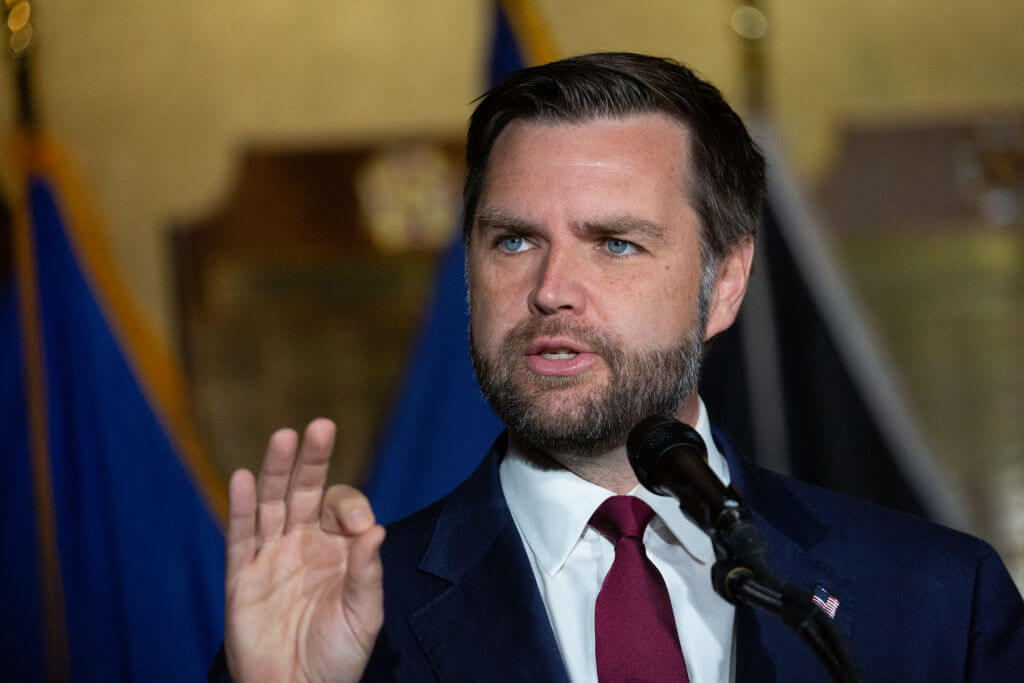
A staunch supporter of Trump’s “America First” agenda, Vance has stridently opposed interventionist policies. His isolationist worldview, which could appeal to voters who share his working-class roots in some essential battleground states, doesn’t differ much from Trump’s. But Trump has a first-term record on Israel, speaks more frequently about the conflict, and has a broad Jewish inner circle.
Vance’s associations with right-wing influencers who have trafficked in antisemitism, and his reluctance to disavow them, has made some American Jews uncomfortable.
Where does Walz stand?
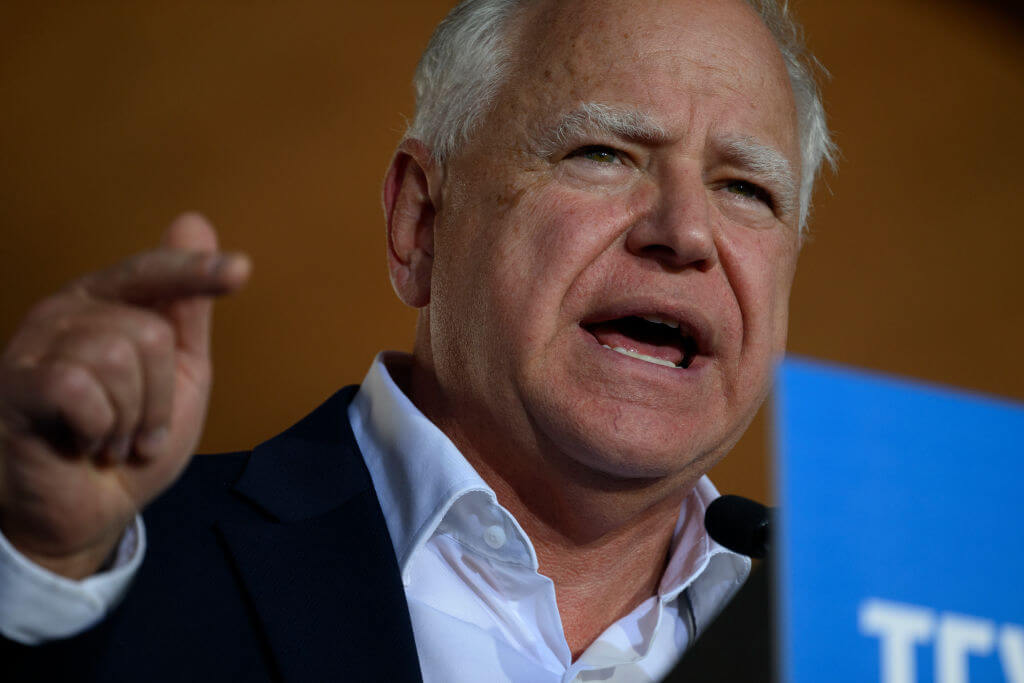
Walz, who has embraced many progressive policies as governor, has endeared himself to many Jewish voters, who are much more likely than most Americans to describe themselves as liberal. But his sympathy for suffering Palestinians, reference to pro-Palestinian protesters as “important voices,” and the praise he’s received from the “Uncommitted” movement have put off some Jewish Democrats looking for unequivocal support for Israel.
The vice presidential debate is often seen as a secondary event in the electoral process, and this one, in particular, seems unlikely to address some feels distant from the key issues key issues for American Jewish voters..









